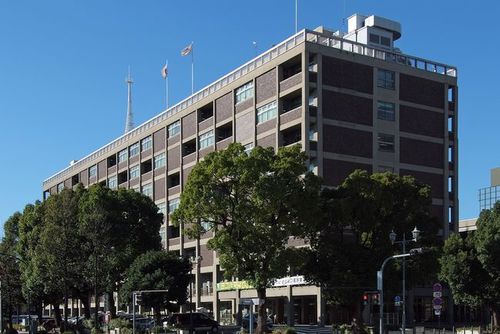May 3, 2014
Maximum 22.8% Cut in Peak Power Use Achieved in Yokohama Demonstration Project
Keywords: Energy Conservation Local government

Image by Wiiii Some Rights Reserved.
Yokohama, Japan, announced on October 24, 2013, that it had achieved a maximum reduction in peak electricity use of 22.8%, higher than the target value, in a demonstration test utilizing a building energy management system (BEMS). The test was part of a broader initiative called the Yokohama Smart City Project (YSCP).
Demand response is a program used by utilities to encourage customers to use less electricity, especially at times when the total demand for electricity is high. In the YSCP test, discounts were given to customers on their electricity bill in response to lower electricity use. Of the three incentive prices that were tested--5 yen (about U.S.$0.05)/kwh, 15 yen (about U.S.$0.15)/kwh, and 50 yen (about U.S.$0.50)/kwh--15 yen (about U.S.$0.15)/kwh or above was found to be the most effective.
Japan's Ministry of Economy, Trade and Industry (METI) selected YSCP in April 2010 as part of its "Next-Generation Energy and Social Systems Demonstration Areas" program, the objective of which is to build innovative smart grid systems and promote them worldwide. In cooperation with private companies, YSCP has been working on renewable energy deployment; energy management systems for households, local businesses, and communities; next-generation transportation systems; and other projects.
After an initial demonstration with six buildings in January 2013, a total of fourteen buildings, factories, and multi-unit residences were added in summer (July to September) to demonstrate the maximization reduction in peak power consumption that could be achieved.


